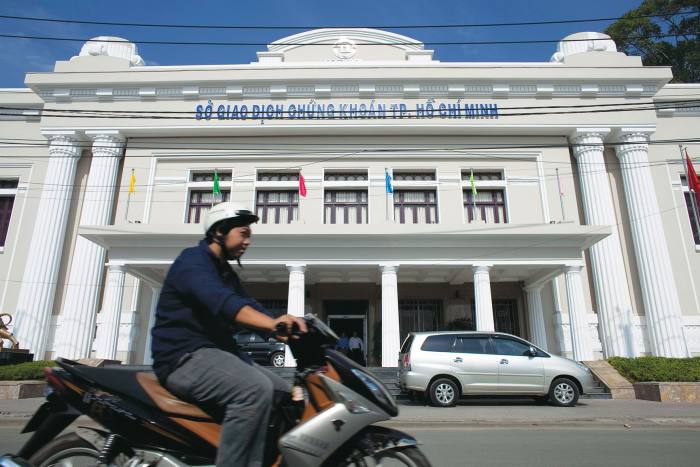
The government of Vietnam has made its agenda clear: it is determined to see the country join the ranks of the world’s developed economies.
To this end, it is proactively developing its capital markets by deepening and broadening the stockmarket, primarily through the acceleration of the initial public offering (IPO) process. Along with the creation of a derivatives market and other economic and financial reforms, this is paving the way for Vietnam’s much-anticipated inclusion in the MSCI Emerging Markets index.
As a result, foreign investors with an interest in emerging and frontier markets are watching this space closely as opportunities are bound to arise.
A large pipeline of upcoming IPOs has been brought about by the government’s rationalisation of the IPO process. Prior to 2009, state-owned enterprise prices were set at unrealistically high levels and very little information was provided on companies being sold, making the investment proposition unattractive.
Today the process is still challenging, but companies are coming to the market at much more reasonable valuations, demonstrating that the government is serious about making the process work.
In addition to fairer valuations, the government issued a circular to encourage companies to list on the stock exchange promptly after their IPO. This resulted in a flurry of listings that drove the total market capitalisation of Vietnam’s two exchanges past the $100bn (£77.3bn) threshold at the end of March 2017, up from just $60bn in early 2016. The country is now home to 19 companies whose market cap has broken the billion-dollar barrier, compared with just nine firms a year ago.
The imminent launch of a derivatives market is another step towards Vietnam’s financial modernisation. The initial products will cover the VN 30 and HNX 30 indices, and the former will be the more liquid vehicle. VN 30 is an index comprised of the largest and most heavily traded stocks from the Ho Chi Minh City Stock Exchange that best reflect the market’s investability.
It will not be easy for foreign investors to participate in derivatives activity at first given the funding requirements, so the market will most likely have to start without them. However, trading is expected to expand rapidly.
These boosts to liquidity will be instrumental for Vietnam to achieve inclusion in the MSCI Emerging Markets Index. The nation has already satisfied a major quantitative requirement of having at least three companies that meet the specified criteria for market cap, free float cap and liquidity, and there are now nine such firms.
Important measures are also being taken to improve market infrastructure and information flow. Accessibility for foreigners will be addressed next year with legal reforms, and it could be expected that Vietnam will be placed on the MSCI Emerging Market watch list in 2017 or 2018. Historically, markets on the watch list for inclusion to the index are added a year or two later and have enjoyed significant gains well ahead of actual entry.







